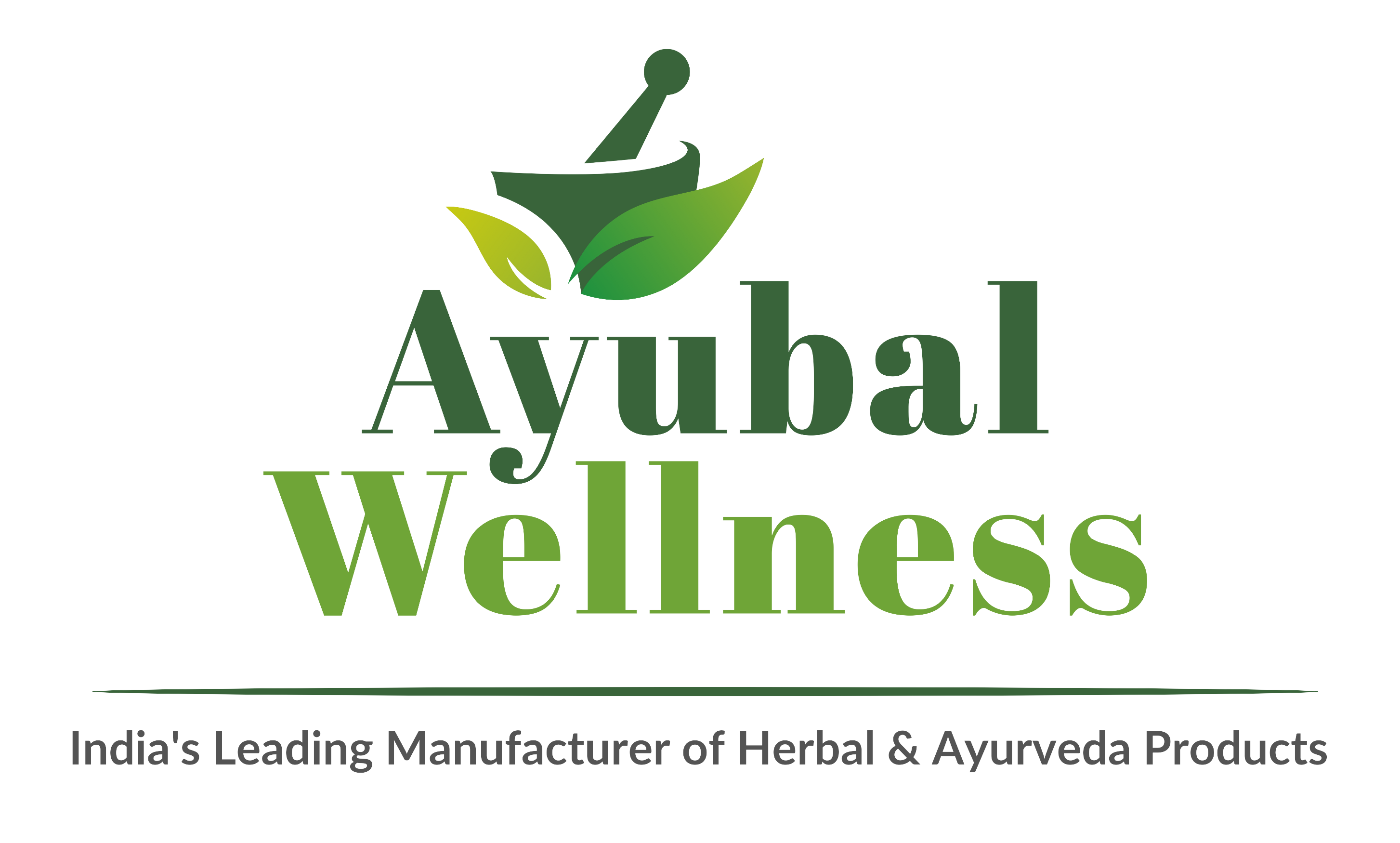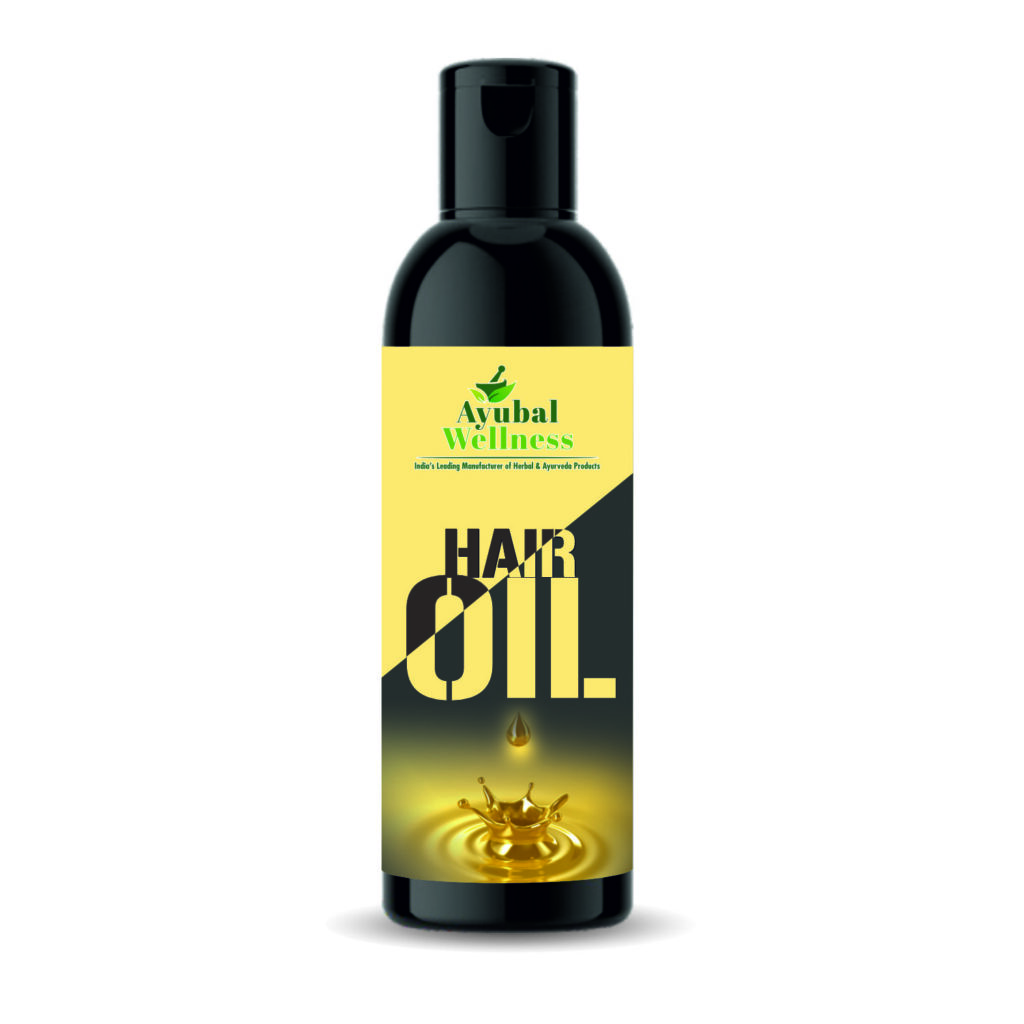From Idea to Market-Ready Product – A Step-by-Step Guide for Modern Entrepreneurs
The Ayurvedic industry is booming. With a global rise in wellness consciousness, consumers are turning towards natural, herbal, and time-tested health solutions. For entrepreneurs, this presents a golden opportunity — but also a complex journey. Manufacturing Ayurvedic products isn’t just about mixing herbs. It’s about quality, compliance, scalability, and brand integrity.
This blog, written from the perspective of an accomplished businessman in the Ayurvedic sector, breaks down the ultimate roadmap for Ayurvedic manufacturing. Whether you’re starting your own wellness brand, planning to scale, or exploring contract manufacturing, this guide is your blueprint from idea to final product.
Ayurvedic Contract Manufacturing Services in India
Let’s dive into the real-world stages of Ayurvedic product manufacturing — simplified, structured, and smart.
Understanding the Ayurvedic Opportunity
Ayurveda is no longer niche. It’s mainstream — and growing faster than ever. New-age consumers are moving away from synthetic solutions and embracing natural healing systems. Health supplements, herbal teas, skincare, oils, personal care — Ayurveda has a presence across every wellness vertical.
But for a new-age brand owner, manufacturing these products with authenticity, quality, and compliance can feel overwhelming.
That’s where having a clear, step-by-step roadmap changes everything.
Step 1 – Ideation & Product Planning
Begin with a Clear Vision
Every successful product starts with a problem it solves. From immunity to skincare, pain relief to detox — define your niche and purpose.
What Happens at This Stage
- Identify your product concept
- Define the target audience
- Finalize dosage form: powder, capsule, oil, juice, balm, etc.
- Understand competitor offerings and market demand
- Outline unique selling proposition (USP)
Expert Insight
The biggest mistake new brand owners make is rushing into formulation. Strategic planning must come first. Clarity in concept saves months of trial and error later.
Step 2 – Ayurvedic Formulation Development
Aligning Ancient Wisdom with Modern Needs
Ayurveda is rooted in ancient texts, but formulations must resonate with today’s consumers — both in efficacy and presentation.
What Happens at This Stage
- Choosing herbs based on classical references and modern demand
- Determining ideal combination and dosage
- Consulting Ayurvedic doctors and experienced formulators
- Ensuring safety, stability, and effectiveness
This stage involves both scientific knowledge and traditional expertise. It’s the foundation of your brand’s credibility.
Click to Find out 👇
Best Selling Ayurvedic Products for Business
Step 3 – Raw Material Sourcing
Quality Starts with the Soil
In Ayurveda, the origin and quality of herbs define product integrity. Ethical, traceable, and pesticide-free sourcing is non-negotiable.
What Happens at This Stage
- Identifying certified herbal suppliers
- Procuring roots, leaves, barks, flowers, oils, extracts
- Quality checks for potency, heavy metals, pesticides, microbial load
- Documentation and COA (Certificate of Analysis) for every ingredient
Step 4 – Manufacturing Facility Setup or Partnering
In-house vs. Contract Manufacturing
Setting up a licensed facility requires heavy investment, compliance expertise, and time. This is why most modern wellness entrepreneurs opt for contract manufacturing — it’s faster, scalable, and efficient.
What Happens at This Stage
- Evaluate manufacturing options: in-house, third-party, or private label
- Verify GMP, ISO, and Ayush licenses of the manufacturer
- Understand production capacity and lead times
- Sign NDAs and agreements to protect your formula and brand
Choosing the right partner is critical — look for transparency, communication, and adaptability.
Step 5 – Batch Trial & Testing
From Lab to Pilot Production
Before full-scale production, a small trial batch ensures the formula performs well in real-world conditions.
What Happens at This Stage
- Trial batch manufacturing in GMP-certified lab
- Observing consistency, aroma, texture, color, and stability
- Initial lab testing for efficacy and shelf life
- Adjusting formulation if required
This is where the idea becomes tangible. Invest time in perfecting the trial batch. It sets the benchmark.
Step 6 – Product Compliance & Regulatory Approvals
Legal Clearance Before Launch
Ayurvedic products may be natural, but they are still regulated. Skipping this step can lead to product bans, legal issues, or trust loss.
What Happens at This Stage
- Licensing under AYUSH or FSSAI, depending on product type
- Barcode and batch number generation
- Labelling compliance as per Drug & Cosmetics Act
- Testing for microbial load, heavy metals, and aflatoxins
- Certification for export if required (like USFDA, HALAL, etc.)
Regulatory approval isn’t just paperwork — it builds trust with consumers and retailers.
Step 7 – Packaging Design & Material Development
Your Brand’s First Impression
In the wellness market, packaging is not just about looks — it must preserve the product, comply with labeling laws, and reflect brand values.
What Happens at This Stage
- Design of labels, pouches, bottles, boxes, shrink wraps
- Selection of eco-friendly, moisture-proof, leak-proof materials
- Inclusion of mandatory details: ingredients, dosage, caution, MRP, etc.
- Printing, mock-ups, and pre-production samples
This is also where you start thinking about your retail and online presentation — colors, tonality, and unboxing experience.
Step 8 – Bulk Manufacturing
Scaling Up with Consistency
Once everything is finalized — formula, label, and compliance — the product enters full-scale manufacturing.
What Happens at This Stage
- Raw materials are issued and weighed
- Production as per SOPs (Standard Operating Procedures)
- In-process checks at every stage
- Final product filled, sealed, labeled, and batch-coded
- Quality Control (QC) before dispatch
Depending on the type of product, the manufacturing cycle can take 3–6 weeks.
Step 9 – Quality Assurance & Final Testing
No Compromise on Safety
Even after production, each batch must undergo stringent testing to ensure purity, stability, and safety.
What Happens at This Stage
- Final testing by third-party labs
- Ensuring batch-to-batch consistency
- Issuance of CoA and compliance reports
- Documenting test results for audits and exports
Products are cleared for sale only after they pass all quality parameters.
Step 10 – Inventory, Logistics & Dispatch
Ready for the Market
Once tested and approved, products move to the warehouse and are prepped for dispatch to retailers, marketplaces, or customers.
What Happens at This Stage
- Packaging in master cartons
- Inventory labeling with SKU codes
- Warehouse storage with temperature control
- Dispatch to online fulfilment centers or retail chains
Timely logistics is critical — it affects market entry and customer satisfaction.
Step 11 – Marketing & Sales Support
Beyond Manufacturing
The real work begins after manufacturing. A great product is only successful when it’s seen, trusted, and bought.
What Can Help Here
- Digital branding: websites, social media, influencer campaigns
- Marketplace listings on Amazon, Flipkart, Nykaa
- Retailer onboarding and sample distributions
- Educating consumers via content and testimonials
Manufacturers who understand marketing can give better support to young brands.
Building a Scalable Ayurvedic Brand
Manufacturing Ayurvedic products is not just a technical process — it’s a blend of ancient wisdom, modern science, business acumen, and compliance.
An accomplished businessman in the field once said, “You bring the idea, and the right manufacturing ecosystem will take care of the rest – from herbs to labels.”
By following this roadmap, entrepreneurs can reduce risk, save time, ensure quality, and bring authentic, effective products to market faster.
Contract manufacturing stands out as a smart and scalable model. It allows brand owners to focus on branding, innovation, and customer engagement while experts handle the formulation, compliance, and production.
Bonus Tip – Don’t Walk Alone
Building a wellness brand is not a solo act. Partner with the right minds, seek expert insights, and always stay consumer-focused. The Ayurvedic industry has room for innovation, purpose, and prosperity — but only when built with integrity and strategy.






